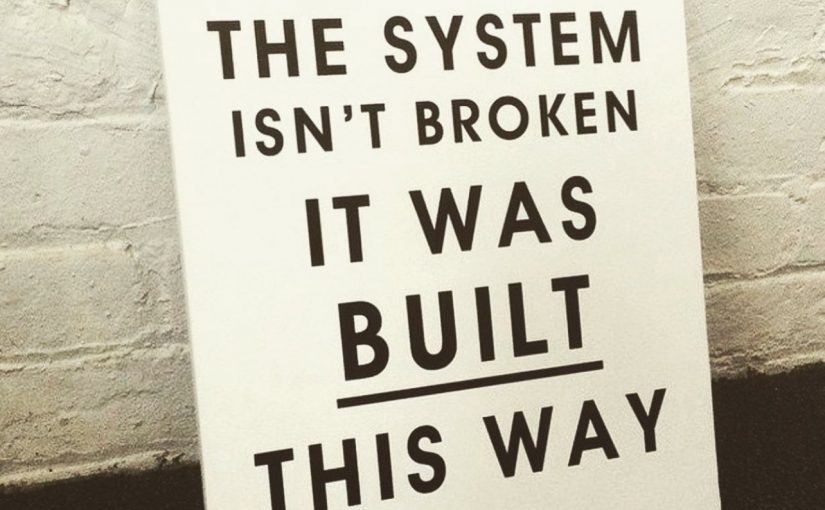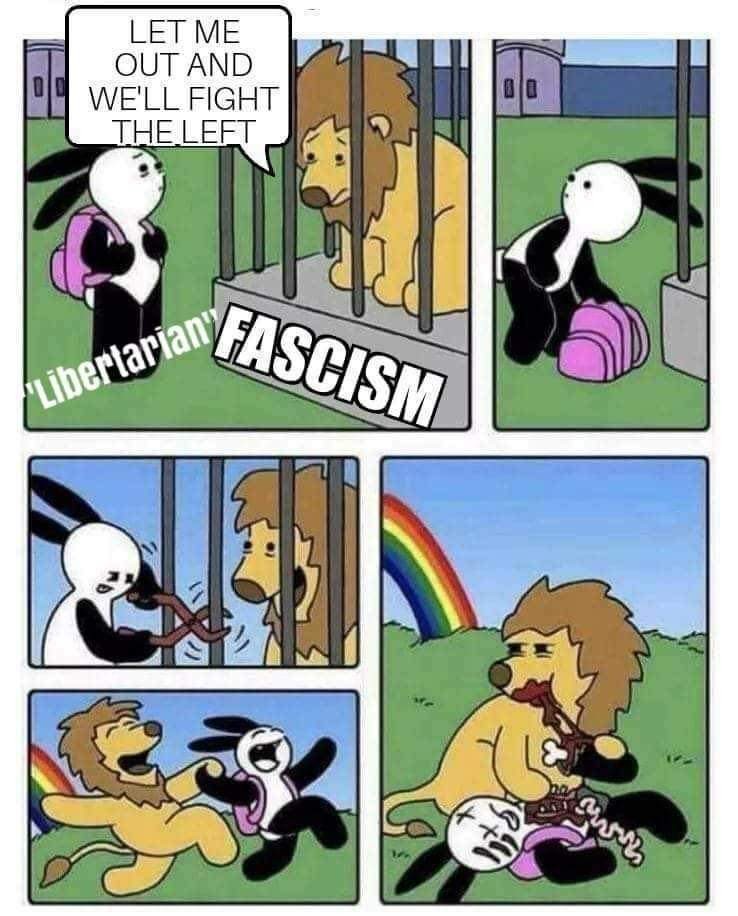#Fediverse how can we do better at this https://socialhub.activitypub.rocks/t/the-process-platform-isnt-working/3923/6
The current move in #blocking of the #dotcons moving to the #openweb is not a real solution, it’s like we are putting our heads in the sand. We need to understand that our “native” projects are #4opens thus anyone, including the #dotcons can be a part of the #openweb in this it’s a good thing they are moving back to this space.
Feel free to block them, but pushing this path as a solution is both naive and self-defeating. We need to do better and build a healthy culture and a diverstay of tools, it’s always a fight, hiding in a cave wins no wars, and we are in a war.
Issues within the #Fediverse community regarding the handling of problematic behaviour or interactions on the platform. A breakdown of some points:
- Problem with Blocking: That simply blocking users or instances (such as the #dotcons) is not an effective long-term solution to fostering a healthy and diverse community within the Fediverse. Blocking is “putting your head in the sand,” ignoring or isolating problematic elements doesn’t resolve underlying issues.
- Advocating for Openness: Emphasizes that the Fediverse should remain true to its principles of openness (#4opens), which allow anyone, including controversial entities like the #dotcons, to participate. This openness is a positive aspect of the #openweb.
- Building a Healthy Culture: Rather than relying on blocking, we need to advocate for actively building a healthy culture within the #Fediverse. This involves nurturing diversity of tools and fostering a community where constructive engagement and dialogue can thrive.
- Need for Engagement and Solutions: The importance of proactive engagement and problem-solving. We need to warn against passivity (“hiding in a cave”) and encourages efforts to address challenges head-on to create a stronger and more resilient ecosystem.
Overall, a call for constructive action within the #Fediverse community, moving beyond simple blocking measures and focusing on building a robust and inclusive path that aligns with core values of openness and diversity. With an emphasis on proactive engagement, collective responsibility, and continuous improvement to create a healthier online and offline environment.
humm needs more… what do you think?

